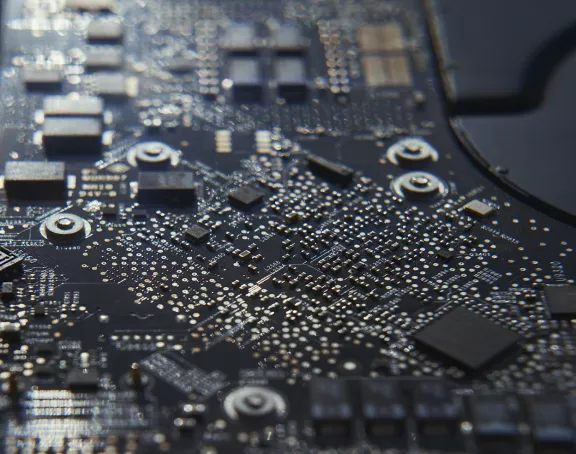Facial Recognition Technology, Drones, and Digital Policing: Compatible with the Fundamental Right to Privacy?
Law enforcement agencies increasingly deploy drones for surveillance operations. Océane Dieu critically examines law enforcement's recourse to facial recognition technology in drones and the worrying consequences of such deployment on citizens’ fundamental right to privacy in a chapter she wrote for Reza Montasari’s book on 'Applications for Artificial Intelligence and Digital Forensics in National Security’.
Drones are the new gadget law enforcement agencies cannot get enough of. These agencies widely deploy drones, amongst others, for search and rescue operations or in response to a natural disaster. The benefits these drones offer are unquestionable. However, these drones are increasingly being deployed for a less selfevident and legitimate purpose: surveillance. The recourse to drones for surveillance operations is highly problematic, given its intrusiveness on citizens' fundamental right to privacy. Furthermore, this intrusiveness becomes even more worrisome when these drones are equipped with facial recognition technology.
In her work, entitled 'Facial Recognition Technology, Drones, and Digital Policing: Compatible with the Fundamental Right to Privacy?', Océane Dieu, Junior Associate in our Litigation & Arbitration practice, critically examines law enforcement's recourse to facial recognition technology in drones and the worrying consequences of such deployment on citizens' fundamental right to privacy.
Click here to order the chapter.

